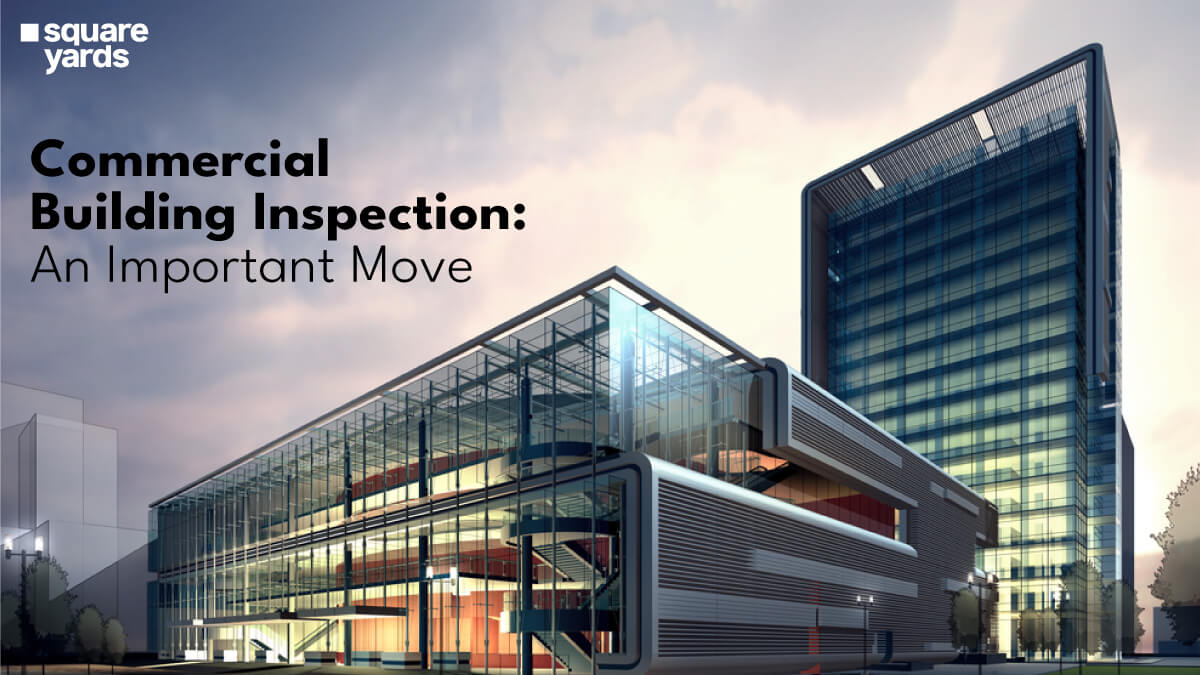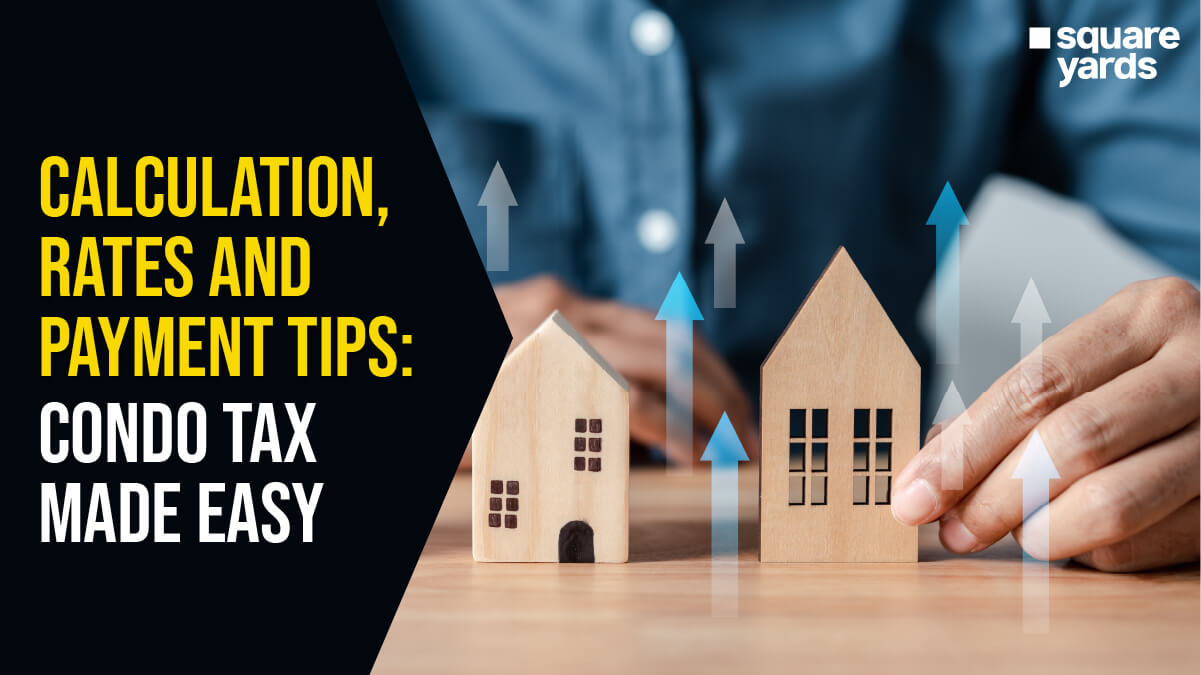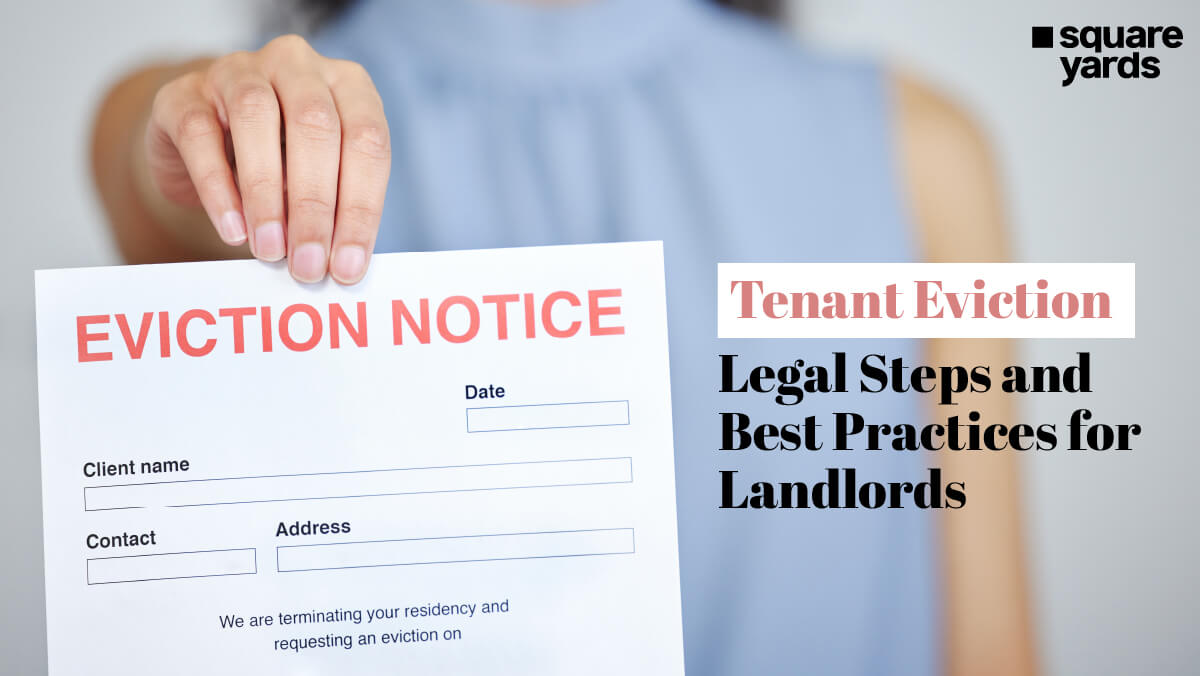Commercial building inspections are important for anyone who is planning to buy or sell commercial property. It is an assessment of a property’s physical and structural condition. This includes its systems, structures, and safety features. The inspection can help you make an informed decision based on assessment. in this blog, we will explore what is included in a commercial building inspection, the various types, and issues related to it, as well as benefits, and much more.
Commercial Building Inspection: An Overview
A commercial building inspection is an assessment of the condition of the building. It includes its architect, systems, and safety features.
Importance of Commercial Building Inspection
Let’s look at how commercial inspections can aid us
-
- Identify Problems: Problems such as gaps in the floor, any leakage issues, or damage to the roof can be identified using this inspections. A building inspector can find any of these issues before they become major problems, and you can fix them before they cost you a fortune.
- Ensure Safety and Compliance: Building inspections ensure that all safety regulations are met. They check for hazards such as electrical or plumbing problems, fire and safety risks, and structural integrity.
- Protect Your Investment: A commercial building is a meaningful investment, and regular inspections can help protect it. An inspection report can provide valuable information, including the condition of the building and its systems, and any potential issues that may arise.
- Obtain Necessary Permits and Documentation: A commercial building inspection can help ensure that all necessary permits and documentation are obtained which can avoid any legal issues which can occur.
What is Contained in a Commercial Property Inspection Report?
A commercial building inspection report typically includes a detailed computation of the property’s condition, including any issues found during the inspection. The report will outline the scope of the inspection, identify any areas of concern, and provide recommendations for repairs or improvements.
Various Categories of Commercial Building Inspections
There are several types of commercial building inspections, each serving a specific purpose. Let’s look at the different types of inspections in detail:
-
- Pre-purchase inspections: Inspections performed before the purchase of a commercial property. This inspection provides information about the condition of the building and its systems. It helps potential buyers make informed decisions.
- Annual inspections: Annual Building Inspections are performed to check the condition of a building for its maintenance and to prevent any sudden emergency repairs. These are helpful for property owners, managers, and homeowners.
- Code compliance inspections: These inspections are conducted to ensure that a building meets all compliance codes. Local governments, insurance companies, or lenders require code compliance inspections.
- Insurance inspections: Insurance companies need these inspections. They are performed to determine the risk of insuring a particular property. These inspections may focus on specific areas of concern, like the electrical or plumbing systems.
Common Problems During Commercial Property Inspections
Commercial building inspections can disclose a range of issues. These problems can range from minor maintenance to major structural problems. Some of the most common problems found during inspections are:
-
- Structural problems: These problems may occur due to negligence during building the foundation. Wear and tear in the walls, sagging roofs or floors, and other signs indicate major issues which need to be addressed.
- Electrical and plumbing issues: Outdated or poorly maintained electrical or plumbing systems can pose safety hazards and increase the risk of fires or damage.
- HVAC problems: Heating, ventilation, and air conditioning (HVAC) systems are essential for maintaining a comfortable and healthy indoor environment. Problems with these systems can affect air quality, energy efficiency, and occupant comfort.
- Fire and safety hazards: Fire safety and other safety hazards can put occupants at risk and damage the property. These may include outdated fire alarms or sprinkler systems and other safety issues.
Getting Ready For a Commercial Building Inspection
Commercial reviews are important for anyone looking to buy or sell a property. To assure efficient inspection, it’s important to prepare in advance, as detailed below:
-
- Schedule the inspection: Reach a commercial building inspector, and schedule a convenient time for the property inspection.
- Keep documentation ready: Assure that required documents of the building are on place. The documents include floor plans, building plans, and safety records ready for review.
- Organise the building: Make sure the building is clean and accessible, and all systems are operational. It allows for a thorough commercial building inspection.
Factors to Expect During a Commercial Building Inspection Process
A building inspection is an important step in assuring the safety of the property. During the assessment, a building inspector conducts thorough a evaluation of the building. Here are a few differencr aspects related to commercial building inspection:
-
- Duration of the Inspection: The duration of the inspection will depend on the size and complexity of the building. The larger the building complex, the more time the inspection requires.
- Inspection Authority: Licensed building inspectors or engineers should conduct the inspection. These professionals have the necessary expertise to identify any potential issues or concerns. These issue may impact the safety or value of the property.
- Areas of the Building Inspected: The inspector will check all visible and accessible areas of the building. It includes the interior, exterior, HVAC, electrical, and plumbing systemsas well as the roof, floor, and walls. It ensures that these areas are free of any damage. They will also check the condition of all systems, including heating and cooling, and fire safety. It ensures they are in proper working order.
Once the inspection is complete, the inspector will provide a detailed report. They will also outline any areas of concern or necessary repairs.
Advantages of Commercial Building Inspections
Commercial building inspections are important for protecting your investment. Here are some of the key benefits of investing in these inspections:
-
- Protects Investment: It can detect early signs of damage, and save you money in repairs down the road. Regular reviews help to ensure that your building is in good condition. It can help to improve its value over time.
- Assures Safety and Compliance: Commercial building inspections ensure the property’s compliance with building codes and regulations. By identifying safety risks, and other issues, you can take necessary action, and avoid fines, penalties later on. Additionally, building inspectors can help to identify any problems, ensuring that your property is compliant with codes and regulations.
- Prevents Expensive Fixes and Downtime: By identifying maintenance issues early on, the inspections can help to prevent costly repairs and downtime. Building inspectors can identify potential issues with your HVAC, electrical, and plumbing systems, which could result in significant downtime if left unresolved. If you are constantly tense about the integrity of the building you can do a building inspection. Inspection includes cracks or other signs of damage, which can become bigger problems if not fixed urgently.
Wrapping Up
If you want to ensure compliance with building codes and regulations, commercial inspections are the answer. These can detect problems and help you make informed decisions about your property if you are buying a new home or just want to check the structural integrity of house. A commercial building inspection is a must to ensure safety and security of those who will be residing there.
You May Also Read :
| Real Estate Tax in Canada | Guide To Real Estate Tax in Canada |
| How To Invest In REITs | About How To Invest In REITs |
| Neighbourhoods To Buy Properties in Ajax | Best Neighbourhoods To Buy Properties |
| Le Sud Ouest Montreal | Invest in Le Sud Ouest Montreal |
| Commercial Real Estate Agents | All About Commercial Real Estate Agents |
| Real Estate Investment ROI | What is Real Estate Investment ROI |
Frequently Asked Question (FAQs)
You should inspect commercial buildings at least once a year. It depends on the age and condition of the building.
Commercial building inspections are usually conducted by licensed building inspectors or engineers.
The time taken for a commercial building inspection depends on the size and complexity of the building.
A commercial building inspection includes a detailed analysis of the building's structural integrity, as well as electrical, plumbing, and HVAC systems.
Yes, these inspections can be used for negotiations during the sale or lease of a commercial property.
A few common issues during these inspections include HVAC problems, roofing issues, electrical system deficiencies, plumbing problems, and structural issues such as cracks or settling.
Building owners or managers should take proactive action to address any issues found during an inspection. This can prevent an serious problem later on. How often should commercial buildings be inspected?
Who conducts commercial building inspections?
How long does a commercial building inspection take?
What is included in a commercial building inspection report?
Can building inspection reports be used for negotiations during the sale or lease of a commercial property?
What are some common issues found during commercial building inspections?
How can building owners or managers address issues found during a commercial building inspection?


































